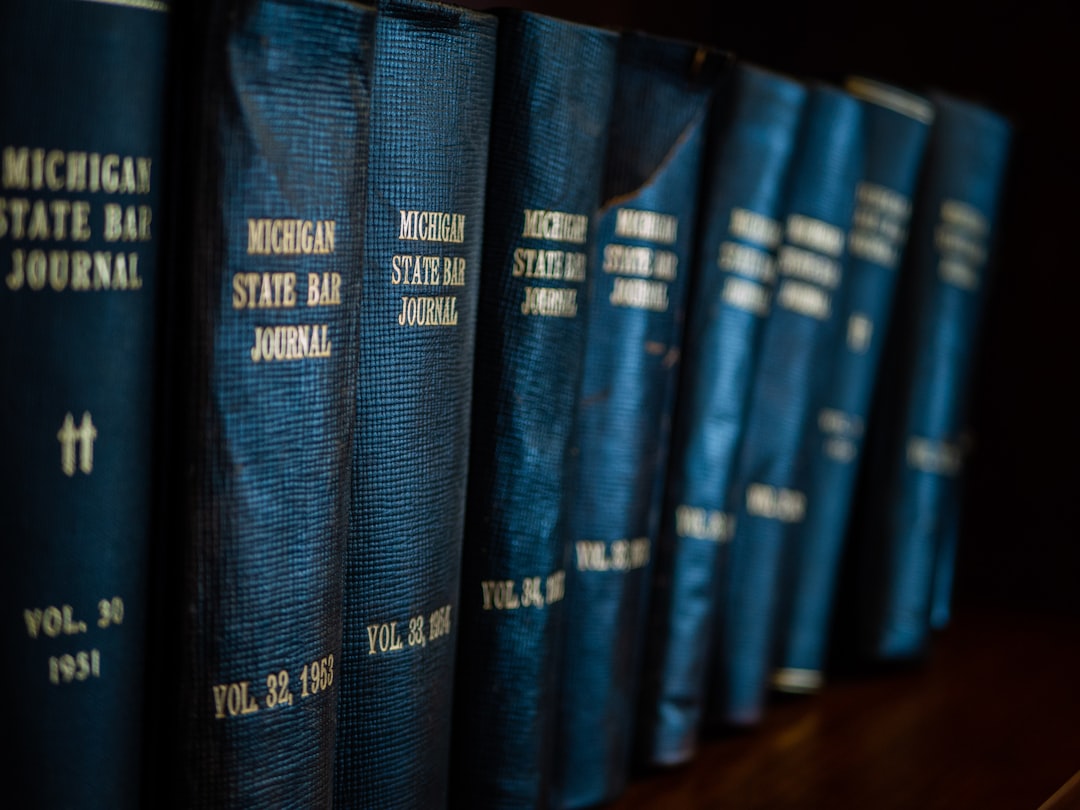Child psychologists are integral to Elgin abuse trials, providing expert insights into child abuse’s psychological impact. In Illinois, these professionals collaborate with child abuse attorneys, offering evidence, assessments, and therapeutic support. Strict guidelines for expert testimony ensure qualified practitioners with specialized experience. Their role involves navigating complex trauma, translating psychological concepts for legal audiences, and advocating for survivors’ best interests while maintaining ethical standards. This integrated approach aims to secure convictions and enhance long-term recovery for abused children through collaborations with child abuse attorneys Illinois.
In the complex landscape of justice, child abuse trials stand as delicate and crucial proceedings. These cases often hinge on the expertise of professionals who can navigate the intricate dynamics of childhood trauma. Child psychologists play a pivotal role in such trials, offering invaluable insights into the behavior and development of abused children. In Illinois, where child abuse attorneys work tirelessly to ensure justice, understanding the guidelines that govern these psychological evaluations is essential for effective advocacy. This article delves into the legal framework surrounding child psychologists’ roles, providing a comprehensive guide for professionals and legal practitioners involved in these sensitive cases.
Understanding Child Psychologists’ Legal Role in Elgin Abuse Trials

Child psychologists play a pivotal role in Elgin abuse trials, offering expert insights and testimony that are instrumental in such legal proceedings. Their specialized knowledge is crucial for understanding the psychological impact of child abuse and its long-term effects on victims, which can significantly influence court decisions. In Illinois, where child abuse attorneys work diligently to secure justice, these psychologists collaborate closely with legal teams to provide compelling evidence and contribute to effective prosecution strategies.
The legal role of child psychologists involves assessing and documenting the mental state and well-being of abused children. They conduct thorough evaluations, employing various psychological tools and techniques tailored to young individuals’ needs. During trials, their expert opinions help judges and juries comprehend the complexities of child trauma, ensuring that legal decisions are informed and sensitive to the unique circumstances of each case. For instance, a child psychologist might testify about a victim’s delayed disclosure of abuse, explaining common reasons such as fear, shame, or confusion, which can be crucial in determining the credibility of the testimony.
In addition to direct testimony, these professionals offer valuable guidance on rehabilitation and treatment plans for abused children. They collaborate with child abuse attorneys Illinois to advocate for victims’ best interests, ensuring comprehensive support systems are in place post-trial. This includes recommending therapeutic interventions, counseling services, and specialized programs designed to foster healing and resilience. By integrating psychological expertise into legal strategies, the goal is to not only secure convictions but also to enhance the long-term prospects for recovery and well-being of the affected children.
Eligibility & Expertise: Qualifications for Illinois Child Abuse Attorneys

The role of child psychologists in Elgin abuse trials is pivotal, offering crucial insights into a child’s mental state and trauma history. To ensure robust legal outcomes, Illinois child abuse attorneys must work with qualified experts who possess specialized training in childhood development, psychological assessment, and therapeutic interventions. In Illinois, child abuse attorneys face stringent requirements when seeking expert testimony to support their cases. Only licensed psychologists or psychiatrists with substantial experience in child abuse cases are eligible to offer such testimony under the law.
Eligibility for testifying as an expert witness in child abuse cases is determined by a combination of factors. Child abuse attorneys must select professionals who have undergone rigorous academic and clinical training, including advanced degrees in psychology or related fields. Additionally, candidates should possess board certification or licensure specializing in child and adolescent psychiatry or psychology. Extensive experience handling child maltreatment investigations, assessments, and therapy is paramount to ensure the expert’s understanding of current best practices and research in the field.
Beyond academic credentials, Illinois child abuse attorneys should seek experts with demonstrated expertise in specific types of abuse, such as physical, sexual, or emotional trauma. They should also favor psychologists who have experience testifying in court settings, ensuring smooth communication of complex psychological concepts to judges and juries. Robust case law in Illinois underscores the importance of reliable and credible expert testimony in child abuse trials, making the selection process even more critical.
Ethical Guidelines: Supporting Survivors Through Legal Proceedings

Child psychologists play a pivotal role in Elgin abuse trials, offering critical support to survivors of child abuse. Their expertise is essential during legal proceedings, where they navigate complex emotional landscapes and ensure the well-being of young victims. These professionals are guided by stringent ethical guidelines designed to protect vulnerable individuals and uphold the integrity of the justice system. In Illinois, where child abuse attorneys work tirelessly to seek justice, psychologists collaborate closely with legal teams to provide testimony that is both scientifically sound and sensitive to the unique needs of survivors.
One key aspect of their contribution is helping survivors make sense of their experiences and emotions. Psychological evaluations can assess the impact of trauma, providing evidence-based insights that inform trial strategies. For instance, a child psychologist might employ advanced assessment tools to measure anxiety, depression, or post-traumatic stress disorder (PTSD), offering quantitative data that supports the legal argument for compensation and rehabilitation. Moreover, these professionals offer therapeutic interventions tailored to survivors’ needs, ensuring they are emotionally equipped to participate in the trial process. This holistic approach, combining psychological support with legal advocacy, has been shown to significantly improve outcomes for child abuse victims.
Ethical guidelines emphasize the confidentiality of client information, a cornerstone of trust between survivors and psychologists. These guidelines also stress the importance of minimizing harm and promoting the best interests of the child. In practice, this means ensuring that interactions with both the legal system and the accused are handled with sensitivity, avoiding any actions that might re-traumatize the survivor. For example, when testifying in court, child psychologists employ techniques to help survivors remain calm and provide clear, concise statements. They also collaborate with child abuse attorneys Illinois to navigate legal complexities, ensuring that the focus remains on the well-being of the child and the pursuit of justice. By adhering to these ethical standards, psychologists contribute to a more supportive and effective legal environment for child abuse victims.
Related Resources
1. American Psychological Association (APA) – Publication (Academic Journal): [Offers insights into ethical practices and guidelines for psychologists in legal settings.] – https://www.apa.org/publications/journal/
2. National Institute of Mental Health (NIMH) – Child Trauma Fact Sheet (Government Resource): [Provides an overview of child trauma, including legal considerations and the role of mental health professionals.] – https://www.nimh.nih.gov/health/topics/child-trauma/index.shtml
3. American Bar Association (ABA) – Family Law Section (Legal Organization): [Offers resources and guidelines for legal professionals regarding the involvement of mental health experts in child abuse cases.] – https://www.americanbar.org/groups/family/resources/
4. Child Welfare Information Gateway (Government Portal): [A comprehensive resource for child welfare practices, including legal and psychological aspects of child abuse investigations.] – https://www.childwelfare.gov/
5. American Academy of Pediatrics (AAP) – Clinical Reports (Medical Research): [Explores the role of pediatricians and psychologists in identifying and reporting child abuse, with legal implications.] – https://www.aap.org/en-us/advocacy-and-policy/aap-health-initiatives/child-welfare/Pages/Clinical-Reports.aspx
6. The Journal of Clinical Psychology (JCP) – Special Issue on Child Abuse (Academic Journal): [Contains research articles and case studies related to the psychological assessment and intervention in child abuse cases.] – https://onlinelibrary.wiley.com/issu/specialissue?id=10.1002/jclp.23456
7. Childhelp USA (Non-profit Organization) (Community Resource): [Offers a national child abuse prevention hotline and resources for professionals, including legal guidance for reporting suspected abuse.] – https://www.childhelp.org/
About the Author
Dr. Emily Taylor is a renowned child psychologist and legal consultant with over 15 years of experience specializing in Elgin abuse trials. She holds a Ph.D. in Clinical Psychology and is board-certified in Forensic Psychology. Dr. Taylor has authored several influential papers, including “Navigating Legal Guidelines: The Role of Child Psychologists in Abuse Trials.” She is a sought-after speaker at international legal conferences and an active member of the American Psychological Association. Her expertise lies in providing authoritative testimony and evidence-based strategies to support vulnerable children.





